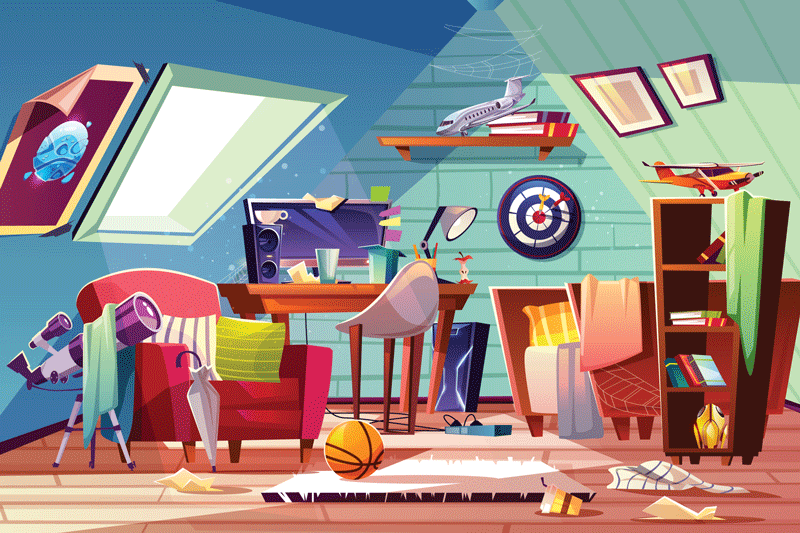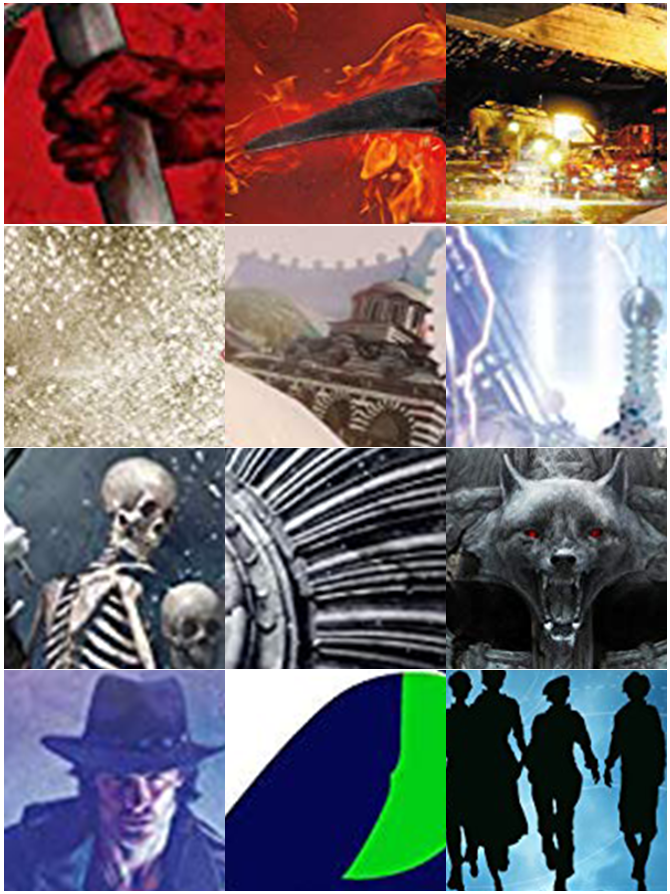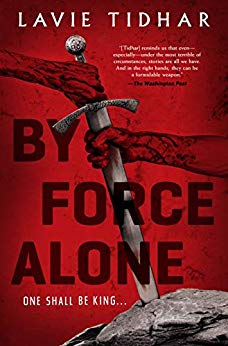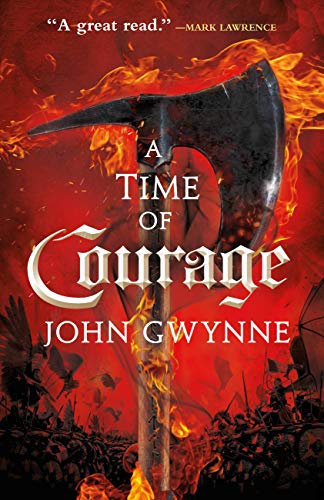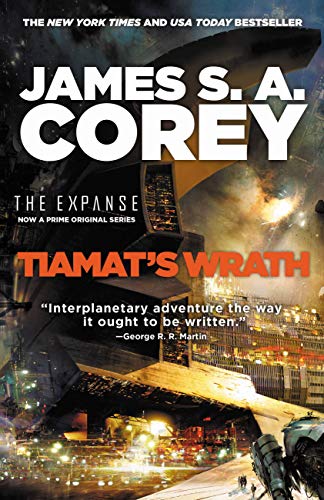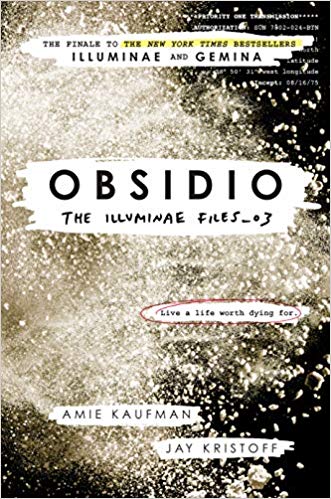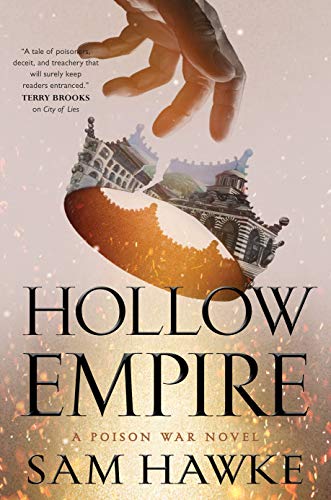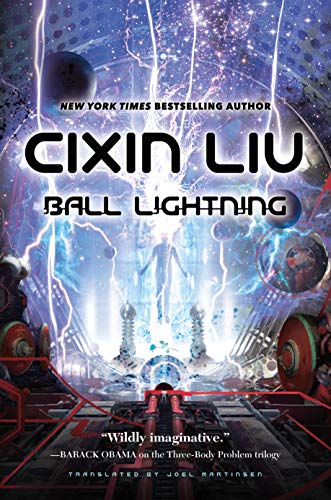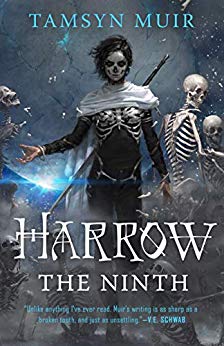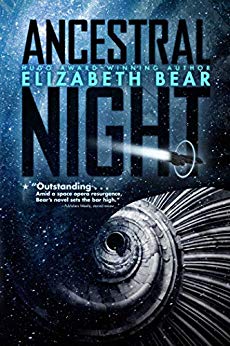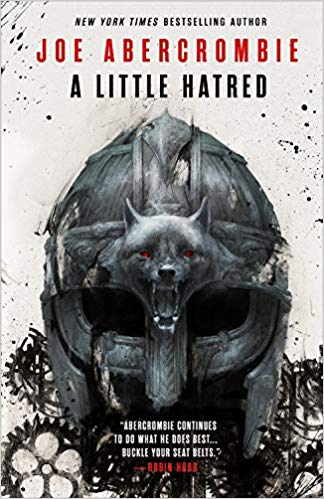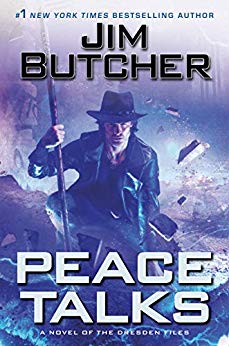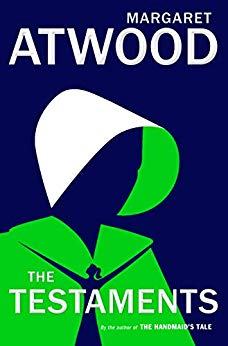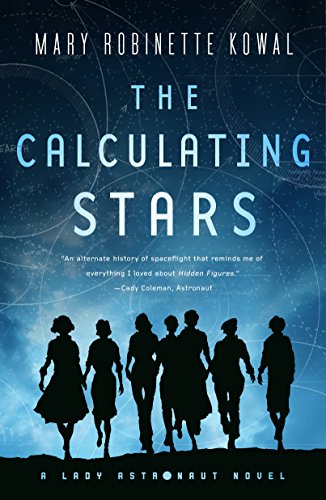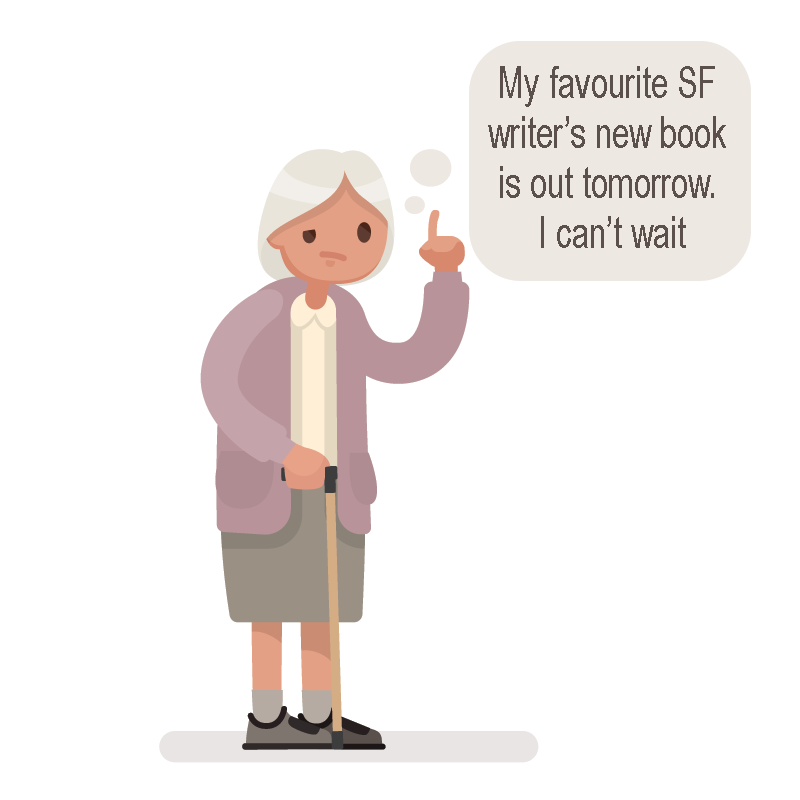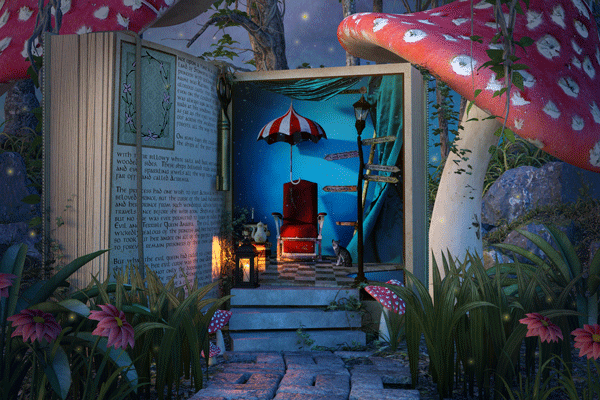
We survived another week in isolation. How did you go?
Sherylyn and I both worked from home this week. At least Sherylyn ‘finishes’ work when she logs off. I finish when I’m done. I admit I am envious. I know I said last week I was going to take it easier this week. Unfortunately, this week was worse. I haven’t had a chance to look at our latest work-progress. Worse, I only went outside about two days. So far this week I’m already excelling in comparison. One day, one super-easy stretching from YouTube and one walk around the block.
I expect may writers will try their hand at pandemic books over the next couple of years. I’m not sure I could read them, it’s a little too close to the truth. Maybe I could read one about smugglers doing a run to get medical supplies to hospitals. Fighting against corrupt officials, gangs, even the army trying to come in and take it off them.
Maybe not. Roger Zelazny did this in Damnation Alley fifty years ago.
That’s how l like my dystopia. As science fiction.
Although, to be honest, it has been pointed out that through all ages, there has generally always been people somewhere in the world living in what we would consider dystopia.
On Friday night I went looking for books to read, and I hit a streak of them—three of them in a row—which all started the same. Books I had on the Kindle that we hadn’t looked at before, all by different authors.
Each one of them started with the protagonist supposedly in the middle of the action. One was in the middle of robbing a house, one waiting for an attack, the third in the middle of robbing a warehouse.
As an aside, thieves as protagonists are so common now the book has to work a lot harder to keep my interest in those first few pages. (Cate Glass’s An Illusion of Thieves, did work hard, and I loved it.)
The protagonists in all three books spent a lot of time thinking, describing themselves and their surroundings, and giving backstory. Believe me, if I’m in the middle of a stakeout, I’m not thinking about my long, chestnut tresses. Expect, perhaps, to think maybe I should cut it short because it keeps getting in the way. And to be honest, how many of you think about what colour your hair is (unless you’re worried about the grey and realise you need to go to the hairdresser)? Especially in the middle of a job.
Writing advice tells you to start the story in media res—in the middle of the story. And these authors started their story in the middle of something, kind of, but nothing happened. Not for pages. By that time I’d given up.
I decided to try out a variation of a combined slush pile/page 99 test on Sherylyn.
“Would you read on?” I asked and read out the first page of the novel.
No for the first, no for the second, no for the third. “Boring, all of them.”
After that I looked around to see what else we had.
I started with books we already have on Kindle.
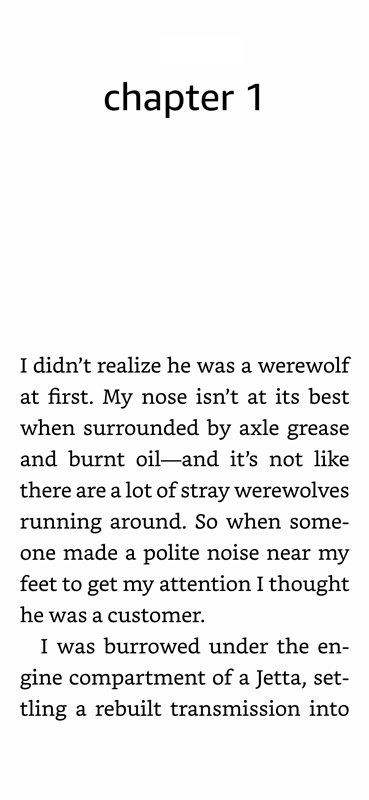
Patricia Briggs’ Moon Called, the first Mercy Thompson book.
“Would you read on?” I asked.
The answer was a definite yes, although Sherylyn said the story sounded familiar. (It was. The only Mercy Thompson story she hasn’t read yet is the new one, but she’d read this a while ago.) We read on.
Next we tried a book I knew she hadn’t read.
T. Kingfisher’s Paladin’s Grace.
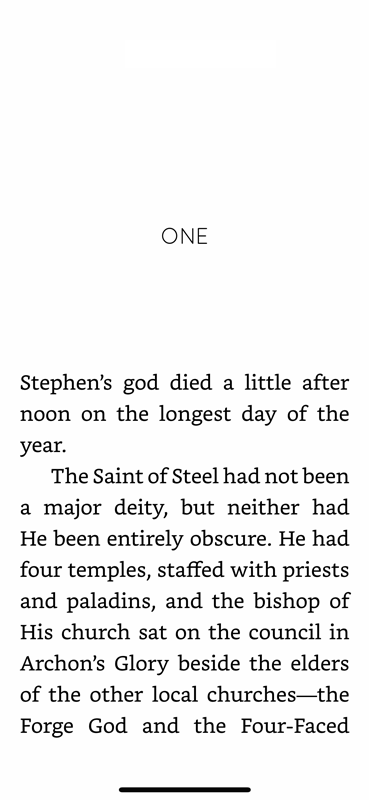
“Yes, I’d read on.”
Jackson Ford’s The Girl Who Could Move Sh*t With Her Mind.
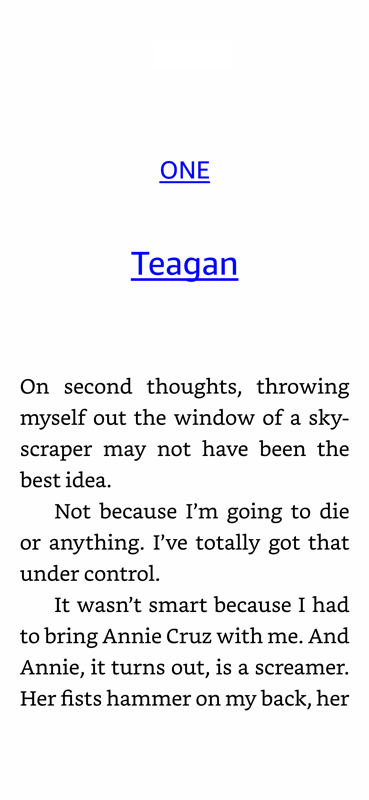
“Yes. I’d read on.”
After that I looked around Amazon to see what I might choose and found an early Patricia Briggs. Dragon Bone. At first glance this story sounded a lot like those we’d rejected earlier. It started with some description, a bit of history, and a protagonist whose hair colour we know by the end of paragraph two.
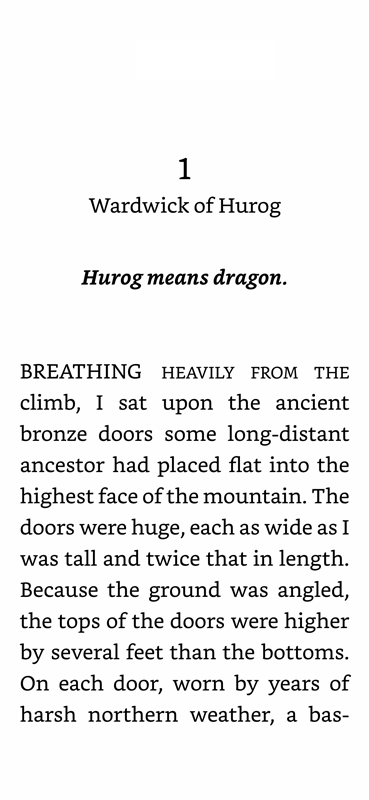
“Read on,” Sherylyn says, and I did. I read all the way to the end of the extract, and then I bought the book. I stayed up that night reading it, and into the following day. When I’d finished, I bought the second.
It passed the read-on test.
Take care, everyone. Look after yourself.
